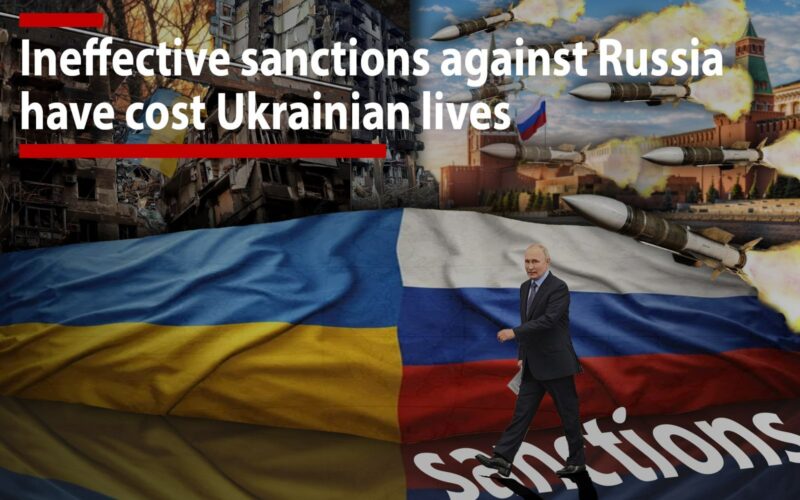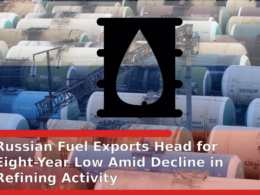Faced with increasing economic sanctions from Western countries, Russia has implemented a variety of strategies to mitigate the impact and sustain its economy. These sanctions, targeting crucial sectors such as finance, energy, and defense, aim to penalize Russia for its geopolitical actions, including the annexation of Crimea and the conflict in Ukraine. In response, Russia’s adaptive measures demonstrate its ability to navigate around these economic pressures.
Expanding Trade Networks
Russia has actively diversified its trade relationships to counteract the loss of traditional Western markets. By enhancing economic ties with countries such as China, India, and various Middle Eastern nations, Russia has secured alternative sources of revenue and investment. These partnerships have helped Russia reduce its economic reliance on Western nations and maintain economic stability.
Developing Alternative Financial Systems
In response to restrictions on its banking and financial sectors, Russia has invested in alternative financial systems. The Mir payment system, a domestic counterpart to Visa and MasterCard, has been expanded to circumvent these sanctions. Furthermore, Russia has increased its involvement with the New Development Bank of the BRICS countries and promoted the use of the ruble in international trade. These measures are designed to shield Russia’s financial infrastructure from Western economic pressures and foster greater economic autonomy.
Enhancing Domestic Production
Sanctions have prompted Russia to focus on boosting its domestic production capabilities, especially in agriculture and manufacturing. By investing in these sectors, Russia aims to decrease its dependency on imported goods and technologies. The country has notably increased its agricultural production, becoming a major exporter of wheat and other crops. This strategy not only strengthens Russia’s self-sufficiency but also positions it as a key player in global markets.
Utilizing Smuggling Networks
There have been numerous reports suggesting that Russia employs smuggling networks to import restricted goods. These covert operations often involve intricate schemes to disguise the origins and destinations of goods, allowing Russia to access essential technologies and products. This tactic illustrates the difficulties in fully enforcing sanctions and highlights Russia’s determination to maintain access to critical resources.
Leveraging Energy Resources
Energy exports remain a significant leverage point for Russia. Despite sanctions, many European countries continue to rely on Russian oil and gas, creating a complex interdependency. Russia has strategically used its vast energy resources as a bargaining tool, offering discounted prices to maintain market share or using supply disruptions as a geopolitical maneuver. This approach underscores the challenges of economically isolating Russia given its pivotal role in the global energy market.
Conclusion
While Western sanctions have put substantial pressure on the Russian economy, the country’s strategic responses reveal its resilience and adaptability. By diversifying trade networks, developing alternative financial systems, enhancing domestic production, engaging in smuggling operations, and leveraging its energy exports, Russia continues to navigate the economic challenges posed by sanctions. These strategies not only help sustain the Russian economy but also highlight the broader complexities of implementing and enforcing effective economic sanctions in an interconnected global economy.








